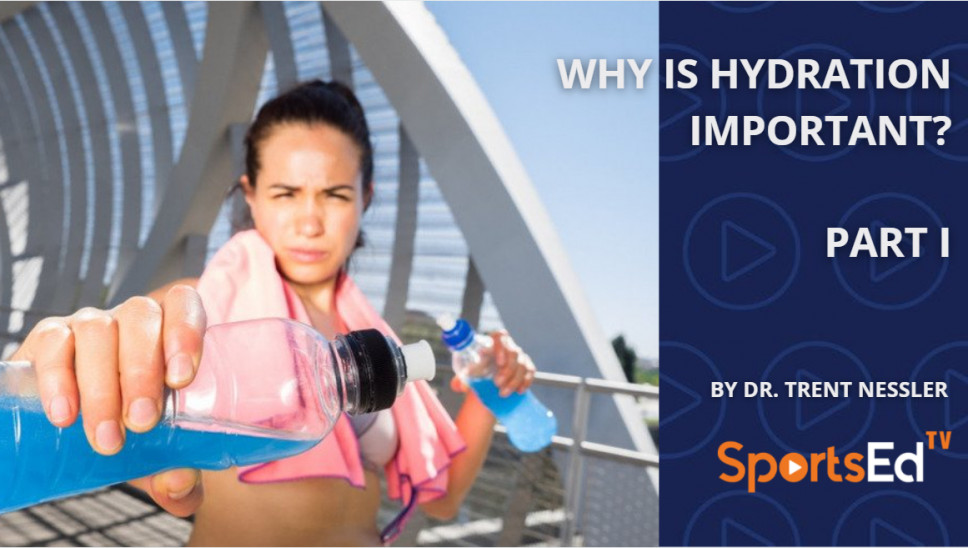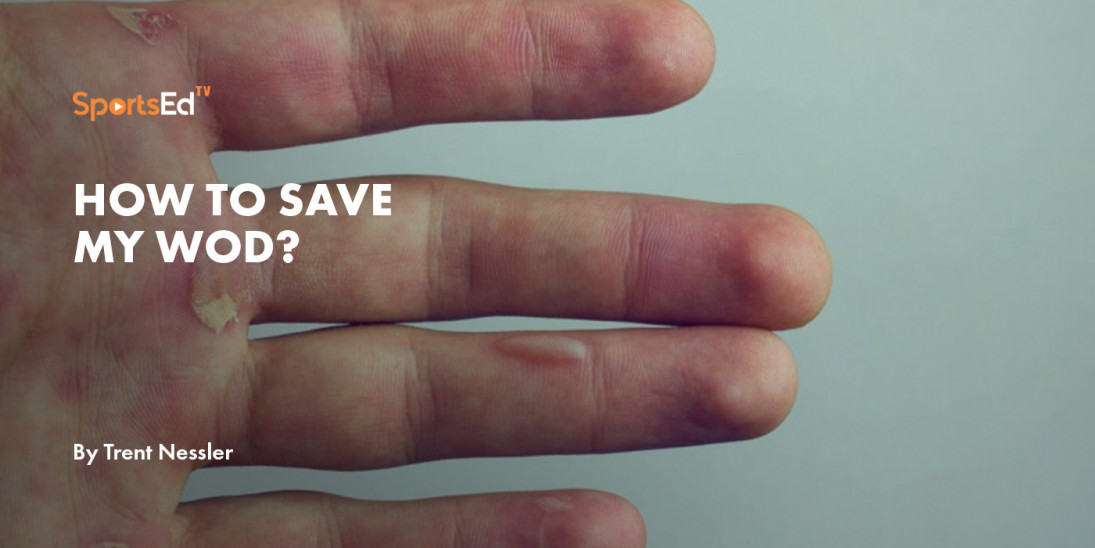Nutrition, Health
Welcome and thanks for visiting...

How Much Water Should You Drink to Stay Hydrated?
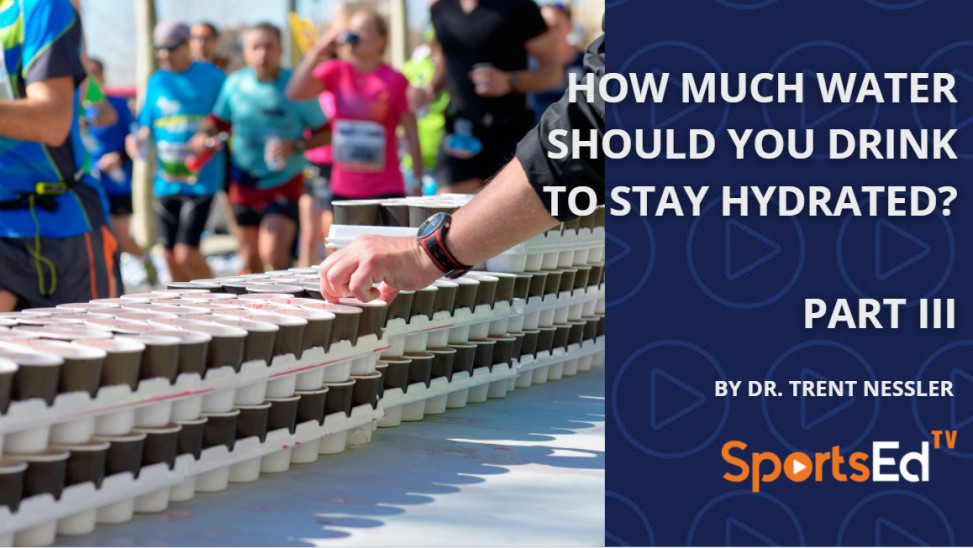
Now that we know what dehydration looks like, what are some strategies we can use to help us stay hydrated. With the average American athletes’ diet consisting of a large percentage of caffeinated drinks, it important to know the effects this has on you. First step is knowing that caffeine is a diuretic, meaning it makes you lose water and thus dehydrates you. The recommended daily dose of caffeine is 450 mg/day. The average American gets ~1,600 mg/day. So, limiting your caffeine intake will help you stay hydrated.
Caffeinated drinks include:
- Coffee and tea
- Soda
- Decaffeinated drinks/coffee
- Most energy drinks
- Milk or dark chocolate
- Hot chocolate
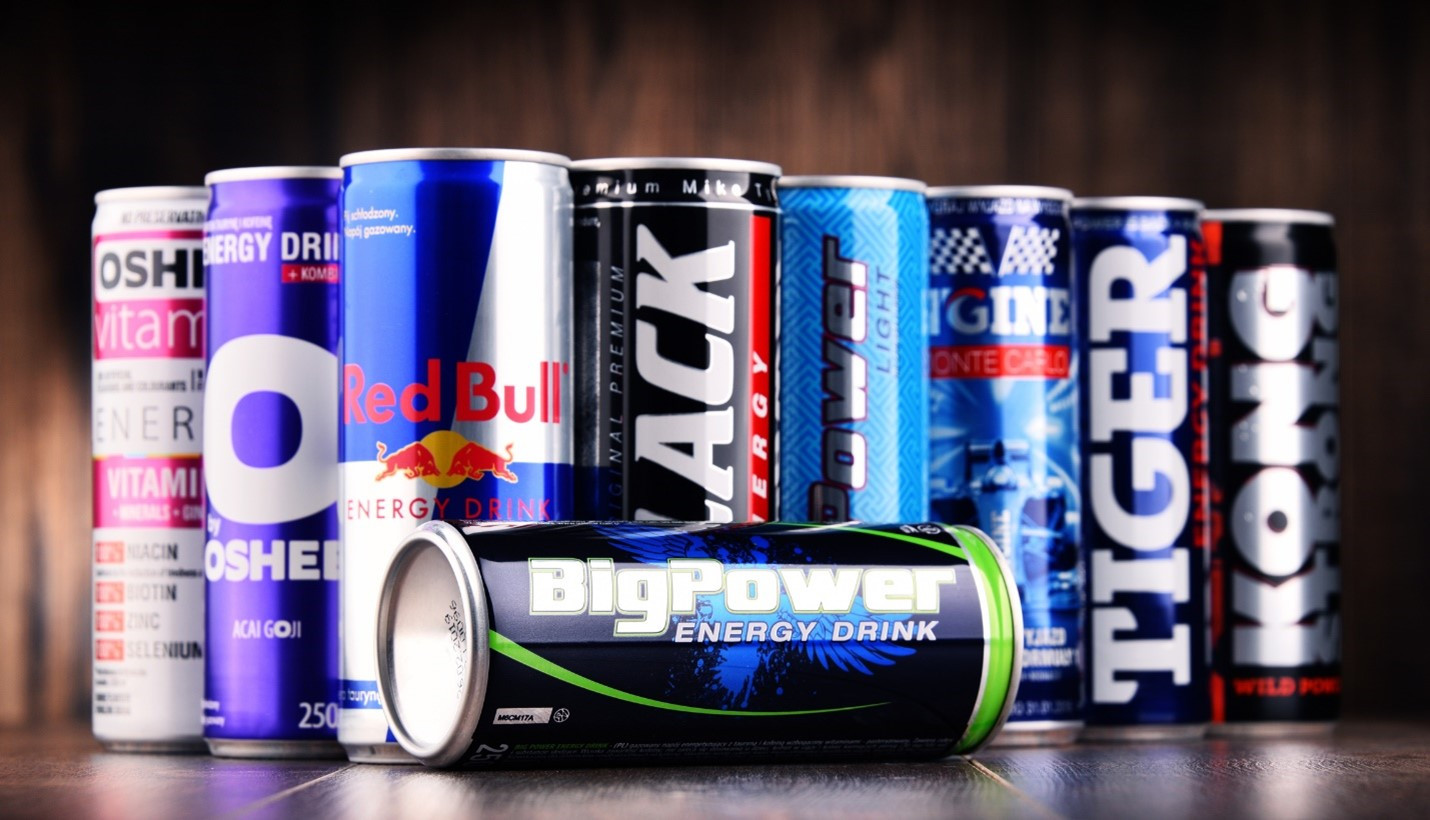
In addition, there is a big misconception that decaffeinated drinks are caffeine free. The label “decaffeinated” simply means that, some of the caffeine has been removed. Not all the caffeine nor is there an industry standard to how much has been removed. For decaffeinated coffee, the decaffeination process removes 94 to 98 percent of the caffeine. However, the FDA DOES NOT have any regulations on how much is removed to be labeled decaffeinated. Knowing this, some soft drink manufactures (soda, tea, etc.) have used this loophole to label drinks decaffeinated that have had only 10-20% of the caffeine removed. Why, because they know caffeine is addictive and removing it will make us less addicted to the drink. So, the decaffeinated drink you are taking is most likely still contributing to your dehydration. A lot of consumers believe they are doing the healthy choice of selecting decaffeinated when in fact, we don’t know exactly how much you may be getting. In the absence of caffeine, many of these soft drinks have other additives, preservatives and sugar which also has health and fitness consequences. So, if you are compelled to drink soft drinks, look for caffeine free. These drinks are truly caffeine free in order to be labeled this. However, the best and easiest way around this is to drink water.
Second is knowing how much water you should drink in a day. The recommended daily dose is .5 to 1.5 oz for every Kg of bodyweight. For a 200-pound man this is figured by 200/2.2 = 90.90kg * .5 to 1.5 = 45 oz to 136 oz. In this scenario, this is ~1/2 gal to just over 1 gal of water/day. This will also be depended on your level of exertion, if you exercise, what the weather is like and if you have had a lot of caffeine. The more active you are, the hotter and muggier it is outside and the more caffeine you have, the more water intake it will require.
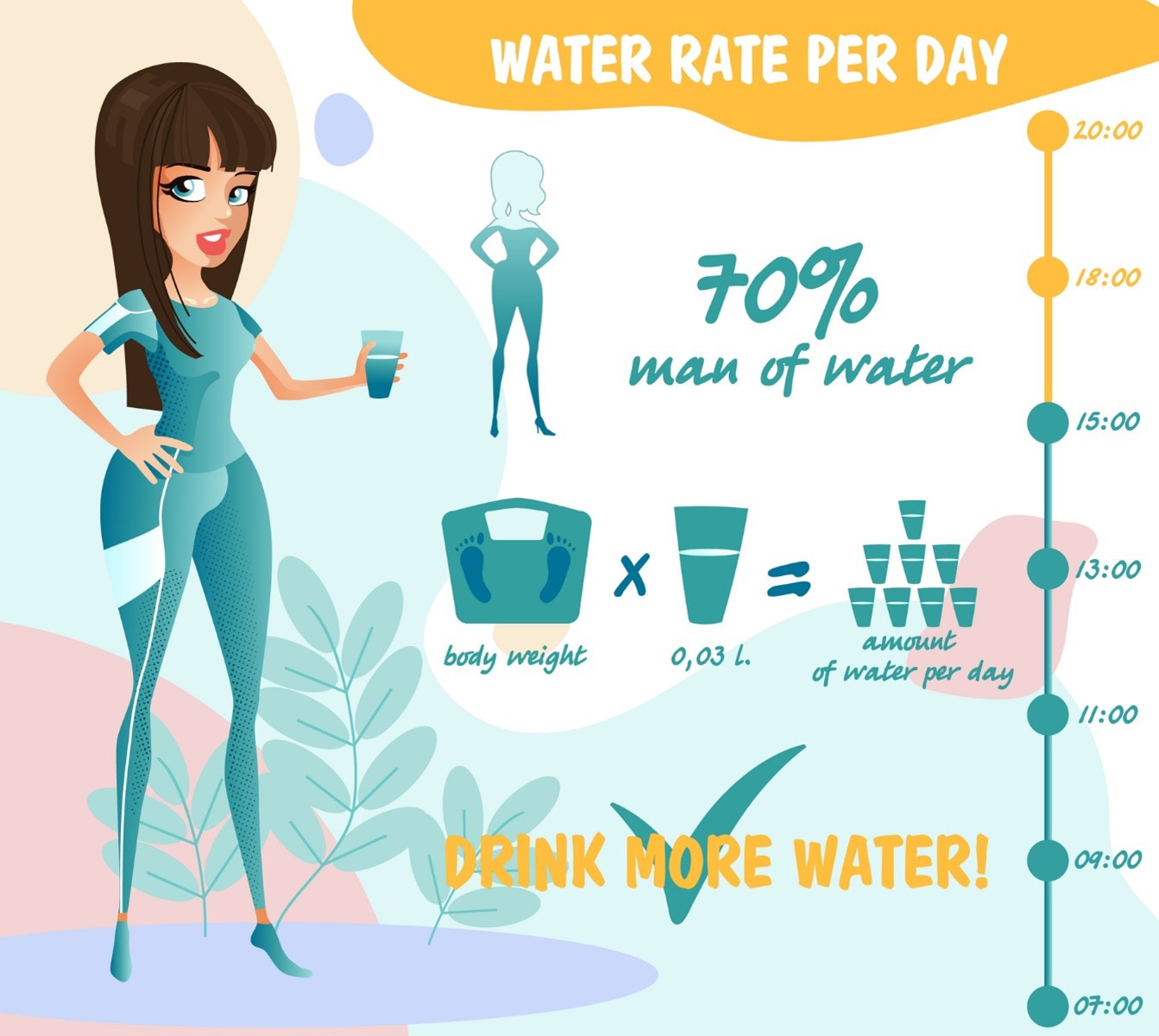
Strategies to improve your hydration:
- Monitor the color and odor of your urine
- Use a larger marked cup or jug to monitor your intake
Using a container (large cup or jug) is a great way to monitor your daily intake. If you know you have to drink three of those cups a day, it gives you something to measure against for determining if you are meeting your goals. It also allows you to mentally keep a check of the where you are at throughout the day and if you need to drink more or if you are on target.
Another recent trend is to offer water that has a certain PH. The claim is that by using this PH balanced water, it will help you maintain a balanced PH in your body which has health benefits. As we addressed in our first article, when you ingest water H20, one of the hydrogen Ions is cleaved off leaving H+ + HO. It is this + ion that helps to neutralize you PH. In other words, you do not need PH balanced water to get this effect, rather just plain clean clear water.
We hope that you found this useful, and it helps you in your quest to become more hydrated. Remember, one of the simplest things you can do for your overall fitness, performance and health is to make sure you are properly hydrated. Enjoy and drink up!
Read more:

